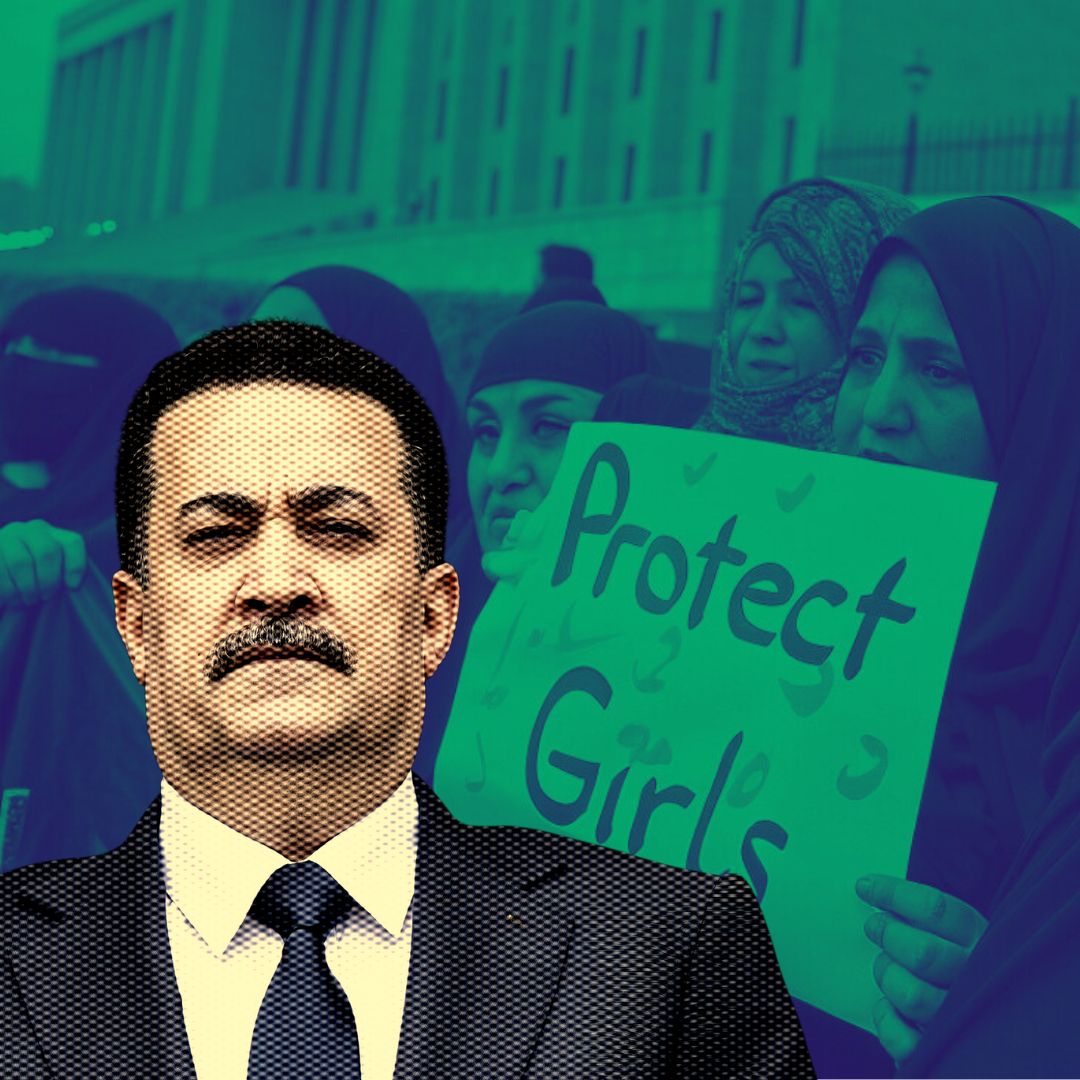Iraq is on the verge of enacting amendments to its Personal Status Law, potentially allowing girls as young as nine to marry. The conservative coalition, led by Shia parties, argues that the changes align with Islamic law and aim to protect girls from “immoral relationships.” However, critics—including human rights activists and women’s groups—warn that this move will exacerbate child marriage rates and strip women of essential rights related to divorce, custody, and inheritance. The legislation is expected to pass despite widespread backlash from civil society.
Legal Changes Spark Outrage
The proposed amendments would not only lower the legal marriage age but also permit citizens to choose between religious or civil judicial oversight for family matters. This shift raises concerns about further entrenching sectarianism in Iraq’s legal framework, as different sects could impose varying rights based on religious interpretations. Activists fear this could lead to a rise in unregistered marriages and “pleasure marriages,” which often exploit vulnerable women and girls. UNICEF reports that 28% of Iraqi girls are already married before 18, highlighting the urgency of this issue.
Historical Context of the Law
Historically, Iraq’s Personal Status Law was progressive when introduced in 1959, providing a unified legal framework for all Iraqis regardless of sect. However, this amendment threatens to dismantle those protections, echoing previous failed attempts in 2014 and 2017 due to public outcry. The current political climate is marked by a coalition aiming to consolidate power through religiously conservative measures, raising alarms among activists who see this as a regression toward more authoritarian governance reminiscent of regimes in Afghanistan and Iran.
The Logical Indian’s Perspective
The Logical Indian firmly opposes these proposed amendments, viewing them as a significant setback for women’s rights in Iraq. The potential normalization of child marriage and erosion of legal protections for women are alarming trends that must be addressed.
How can we ensure that every girl in Iraq has the right to education and a future free from forced marriage?











